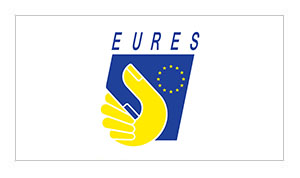The European Court of Justice has confirmed the validity of the EU Directive on Minimum Wages, marking a significant win for workers across Europe. The ruling ensures that the fight for fair pay continues on a solid legal foundation.
The Court upheld all measures related to promoting collective bargaining, including the requirement for Member States to submit action plans aimed at increasing collective bargaining coverage. However, it annulled Article 5(2), which contained detailed criteria for assessing the adequacy of statutory minimum wages. Despite this, Article 5(1 remains in force, linking minimum wages to adequacy standards to guarantee a decent living.
Reference benchmarks will continue to serve as powerful tools to guide the setting of fair statutory minimum wages and protect workers from in-work poverty.
The General Workers’ Union (GWU) welcomed the decision and is now looking ahead to implementing plans that will raise collective bargaining coverage to 80%. GWU Secretary General Josef Bugeja stated:
“This is an important victory for European workers, including those in Malta. The increase in minimum wages will have a ripple effect across all wage structures.”
Esther Lynch, Secretary General of the European Trade Union Confederation (ETUC), added:
“This ruling confirms that the Minimum Wage Directive stands firm – and now the EU can and must act for fair wages.”
ETUC is urging Member States to fully implement the Directive, including raising minimum wages to meet adequacy benchmarks and adopting national action plans to boost collective bargaining to 80%. Governments now have full legal confirmation: the Directive is solid and must be enforced. ETUC also calls on the European Commission to issue an immediate recommendation supporting the Directive’s implementation.












